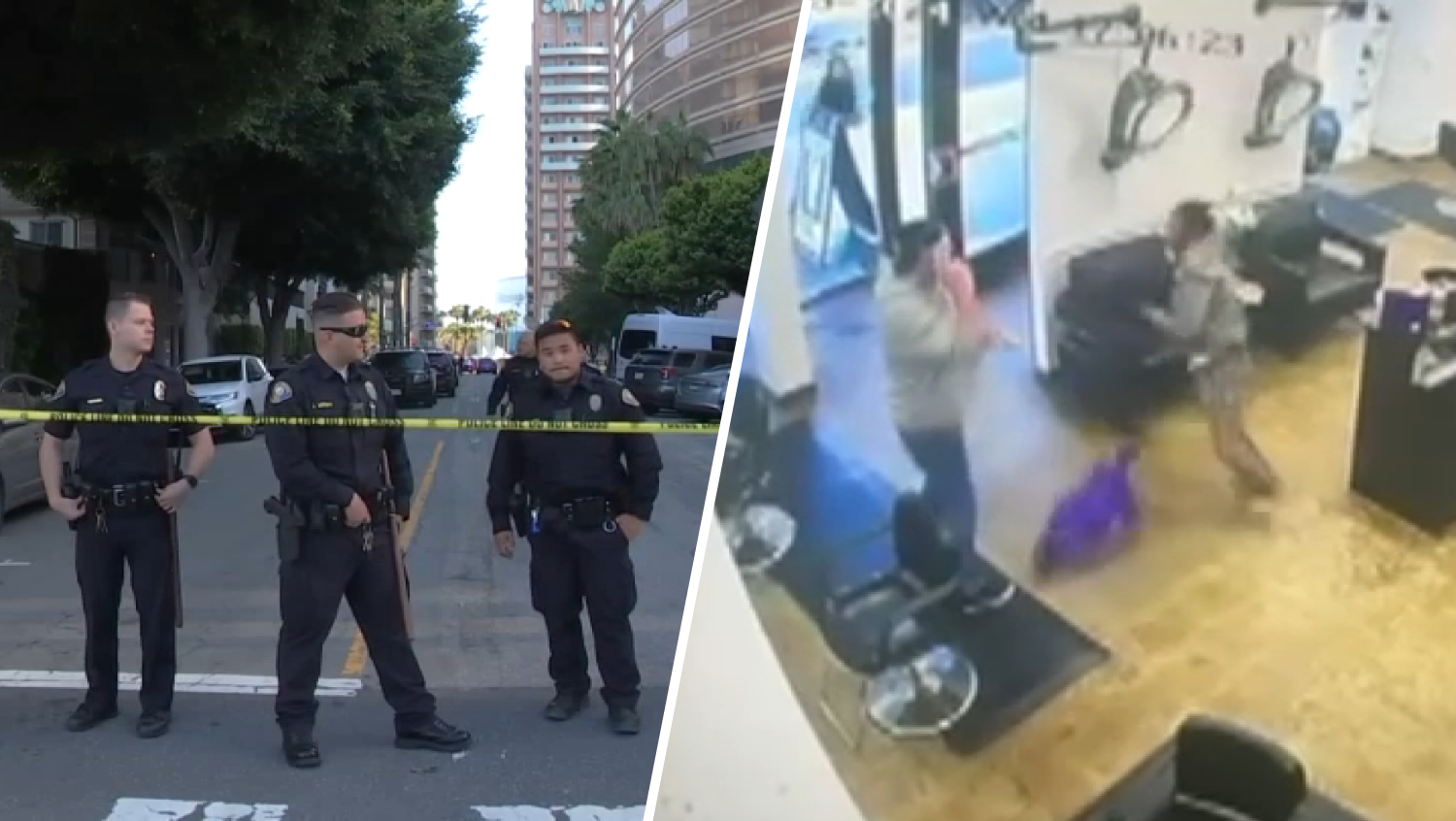Proposition 36, which increases punishments for some retail theft and drug possession offenses, went into effect Wednesday morning in California.
Voters overwhelmingly passed the prop back in November with a 69% majority. The statewide prop was one of 10 on the Nov. 5 ballot.
Here’s what Prop 36 does
Get top local stories in Southern California delivered to you every morning. Sign up for NBC LA's News Headlines newsletter.
- Turning some misdemeanors to felonies: Under Prop 47, theft crimes such as shoplifting and burglary involving items that are valued less than $950 are classified as misdemeanors. Also all drug possessions, including fentanyl and methamphetamine, are considered misdemeanors. But Prop 36 will undo some of those penalty reductions and turn those misdemeanors into felonies, especially if a person committed similar crimes in the past. This would also mean a conviction would lead to a sentence of up to three years in county jail or state prison.
- Longer sentences: Under Prop 36, if a group of three or more people commit a crime together, such as flash-mob robberies that have affected retailers since the pandemic, their felony sentences can be extended by up to three years. Under Prop 36, people convicted of selling hard drugs could get a longer sentence based on the amount they sold. Unlike Prop 47, the new ballot measure seeks to require people to serve their time in prison.
Several prominent California lawmakers, including Gov. Gavin Newsom, opposed the proposition, fearing it may discriminate against minority communities. Business owners and police unions, however, heavily supported the measure.
In a statement on its website, the Californian Republican party said, “California has an epidemic of drug use, trafficking, and repeat retail theft because people committing these crimes do not face any serious consequences,” and that “Prop 36 will create real accountability for breaking these laws.”
The California Democratic party opposed the prop, writing it “restarts a failed costly war on drugs.”



